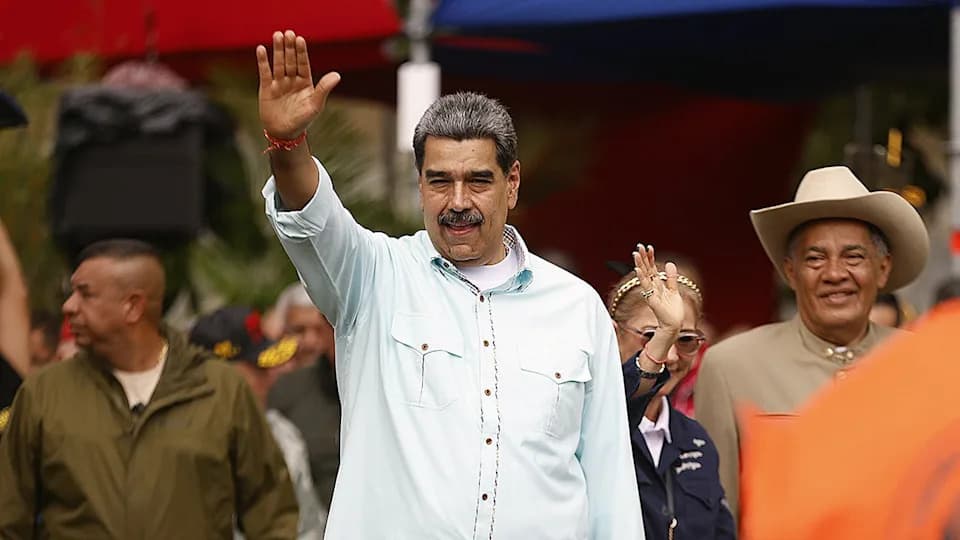Spanish police detain 13 suspected members of Venezuela's Tren de Aragua
Spanish authorities have arrested 13 suspected members of the Venezuelan criminal group Tren de Aragua across five cities as part of an investigation into the gang's alleged efforts to expand operations into Spain. Police said the detentions took place in Barcelona, Madrid, Girona, A Coruña and Valencia.
Background: Tren de Aragua, which originated inside Venezuelan prisons, has grown into one of Latin America's most violent transnational criminal networks and has been linked by investigators to drug trafficking, human trafficking and extortion. Earlier this year the United States designated the group a global "terrorist organisation."
As part of the Spanish operation, officers reported seizing quantities of synthetic drugs and cocaine and dismantling two laboratories used to produce "tusi," a street mixture of cocaine, MDMA and ketamine. The probe reportedly stems from an investigation opened last year after the brother of "Nino Guerrero," identified by authorities as a leader of Tren de Aragua, was detained in Barcelona.
US actions and international response
The arrests come amid heightened US actions against maritime drug-smuggling operations in the Caribbean and the eastern Pacific. US officials say they have targeted vessels linked to smugglers, and more than 60 people have reportedly been killed in strikes since early September, with at least 18 vessels — including 17 boats and one semi-submersible — targeted.
Defense Secretary Pete Hegseth said a recent strike in the Caribbean Sea killed three men. The US administration has not publicly released detailed evidence that the vessels struck were carrying narcotics or posed an imminent threat to US security, a point that has prompted questions and criticism.
United Nations human rights chief Volker Türk has condemned the maritime strikes as "extrajudicial killing," and has urged the United States to halt operations that risk the lives of people aboard these boats.
Several US lawmakers — mainly Democrats and a number of senior Republicans — have demanded clarity from the administration about the legal basis for lethal strikes in international waters. Meanwhile, Venezuelan President Nicolás Maduro has accused the US of using the strikes and increased naval deployments to destabilise his government, while Washington alleges Maduro is linked to drug trafficking. Maduro calls US operations a pretext to remove him from power.
Ongoing investigation
Spanish authorities say the investigation into Tren de Aragua's activities in Spain is ongoing. The arrests and seizures represent a significant development in efforts to disrupt the group's alleged expansion into Europe, and further legal proceedings and inquiries are expected as police continue to gather evidence.



































